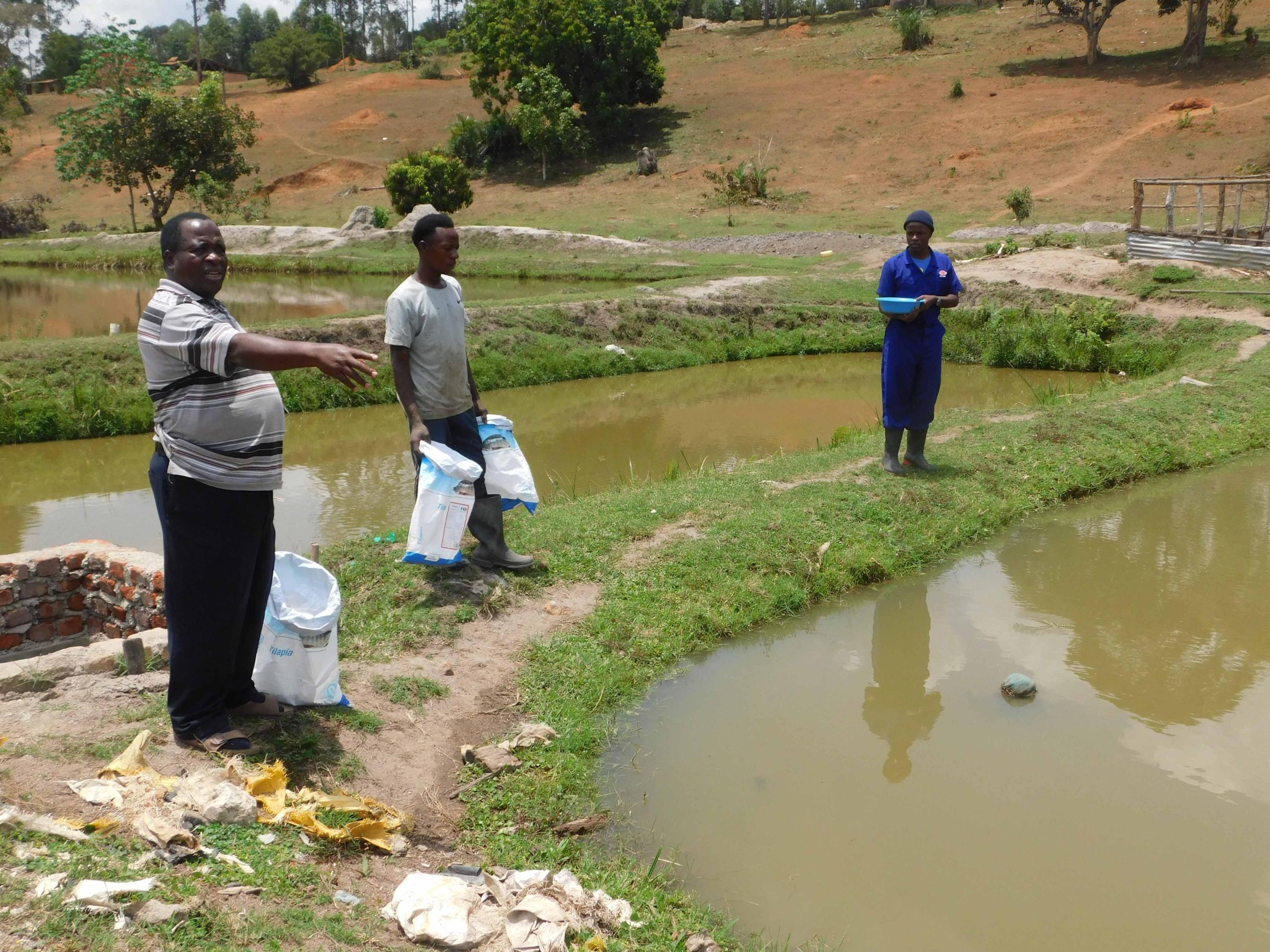Tay Bernadine, the founder of the European Specialty Tea Association, praised the quality of African teas at the African Specialty Tea Conference and Expo.
The event took place from May 22-23 at the Nandi Bears Club in Nandi County, Kenya. It aimed to showcase the potential of African specialty teas globally.
Organized by the Purple and Specialty Tea Association of Kenya (PSTAK), the conference shed light on the promising future for African specialty teas.
It attracted various participants, including government officials from Kenya, Uganda, Tanzania, Rwanda, Zimbabwe, Malawi, and Mozambique, along with certified international tea testers.
More than 30 Ugandan tea farmers attended, eager to learn from Kenya’s progress in tea quality and specialty tea cultivation. International tea tasters at the expo praised the quality of African teas, including those from Uganda.
Bernadine highlighted the untapped potential of Ugandan teas. She stressed the importance of storytelling, transparency, and willingness to sell in smaller quantities to command higher prices.
She pointed out the rising demand for health and wellness teas, driven by informed consumers.
“People don’t just buy tea; they buy an experience,” Bernadine remarked, urging farmers to focus on the five Ps: plant, place, process, people, and price.
By innovating in these areas, she said Ugandan farmers could create unique products that appeal to global consumers. She noted that some specialty teas could fetch as much as sh4,142,000 (euros 1,000) per kg.
Johnston Sharyn from Australian Tea Masters echoed Bernadine’s sentiments, stressing the importance of process and quality. She mentioned that some specialty teas could sell for up to $240 (sh918,000) per kg in Canada, highlighting the high value of well-crafted teas.
George Omuga, the managing director of the East African Tea Trade Association (EATTA), encouraged farmers to embrace green and specialty teas. He stated that these varieties could yield more than 10 times the income of traditional black tea.
“Adopting these high-value tea varieties can revolutionize the tea industry in East Africa,” Omuga added. In Kenya, some farmers are already earning up to $150 (sh572,000) per kilo of specialty teas.
Ugandan Brands Shine
During the conference, Ugandan tea brands received praise from international experts.
Mutungi, the producer of Mackie Organic Tea from Western Uganda, was recognized in the white tea category for her commitment to quality and the specialty tea trend.
Mutungi received cash prizes and certificates from international tea experts, securing the second position in the emerging tea producers’ category.
Similarly, Sarah Basasa, the producer of Tooro Alpha tea, excelled in the green tea category, achieving third place. Mozambique secured the first position in this category.
Success Stories
Maclean Mutungi Kyamutetera, the producer of Mackie Organic Tea, shared her journey in embracing the specialty tea trend.
“Our work is manual, and there is no need for machines. The objective is to produce completely organic tea,” she explained.
Sarah Basasa, the producer of Tooro Alpha tea, commented, “Specialty tea is not complex to produce, and they fetch handsomely. This will be a big saver for cottage farmers who have suffered from price shocks.”
She noted that international recognition affirms Uganda’s capability to produce high-quality teas that can compete globally.
“It is better to process tea in smaller quantities cheaply and earn more money than processing tonnes of black teas and earning peanuts,” Basasa noted.




















